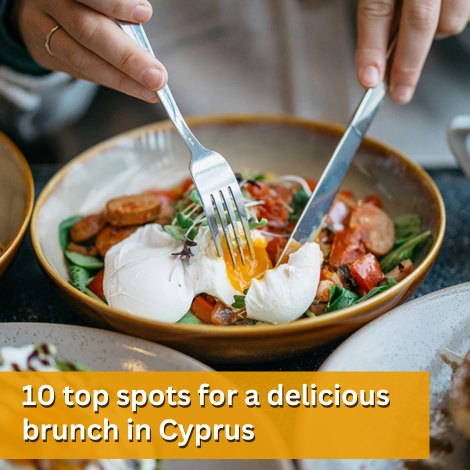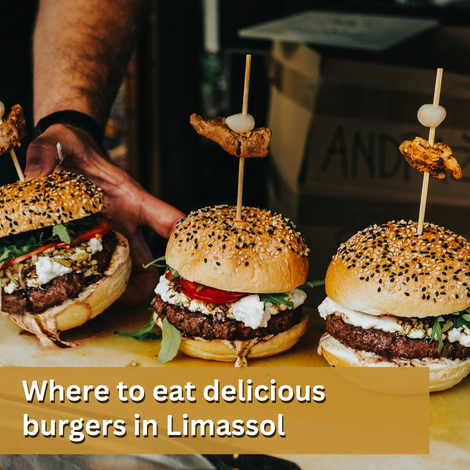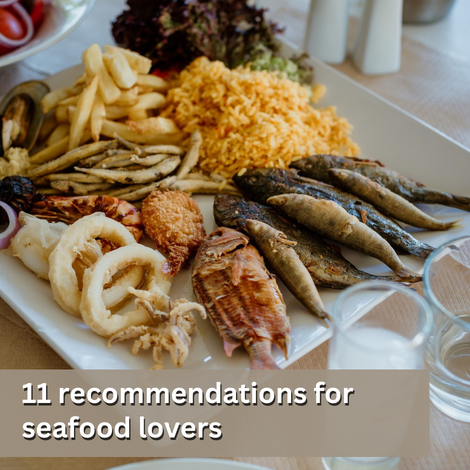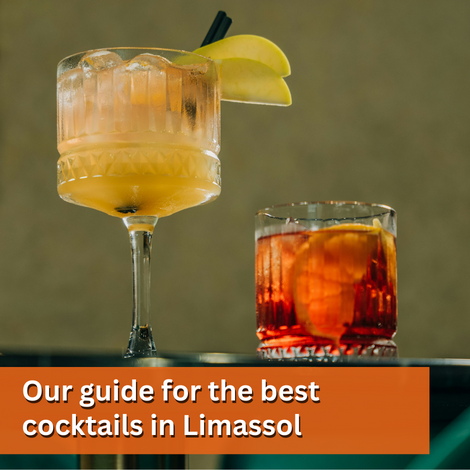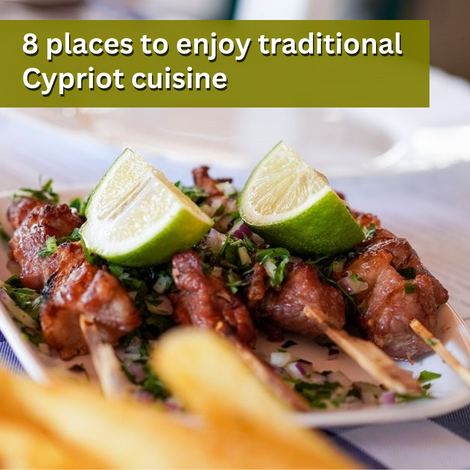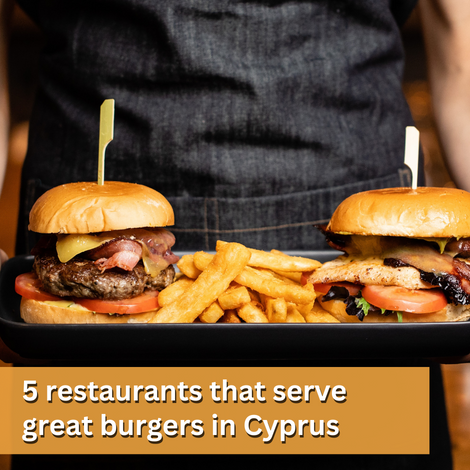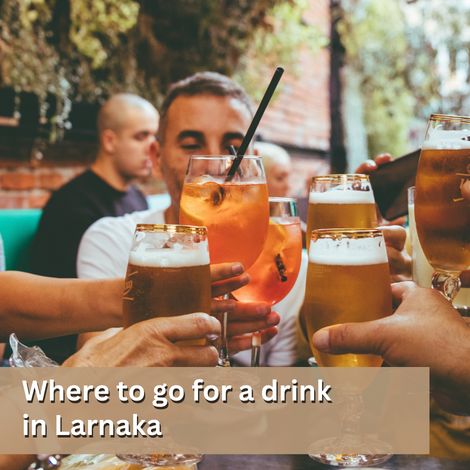Why Cyprus traditionally goes Vegan
(well nearly Vegan) 90 days a year
It was November. We were at the Symposio Taverna in the small village of Pellendri in the Troodos mountains. 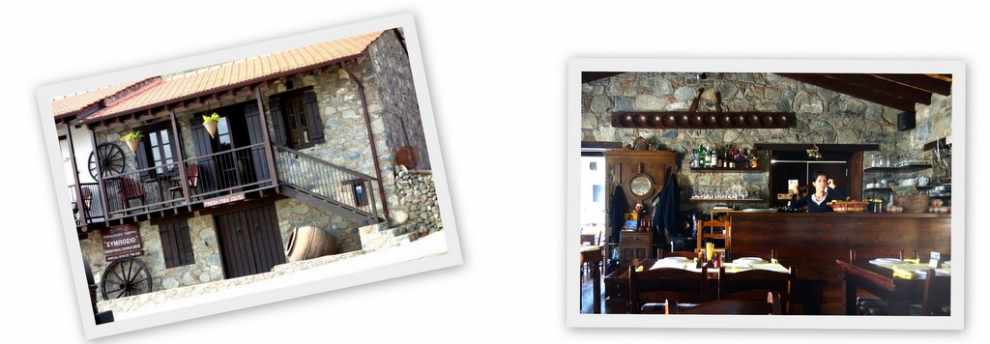 We had just been visiting the Commandaria Wine Museum in Zoopigi and had stopped for lunch before going on to visit the Tsiakkas Winery.
We had just been visiting the Commandaria Wine Museum in Zoopigi and had stopped for lunch before going on to visit the Tsiakkas Winery.
“Nistisimo?” asked the waitress when we ordered a Meze. “Nistia” means “fast” – as in “not eating”, not as in “quick”. So a “Nistisimo” Meze is a Meze following the rules of the fast. You see, traditionally, the Greek Orthodox (and most of the Greek population throughout the Greek diaspora is Orthodox) fast for 40 days before Christmas and 50 days before Easter. There are other fasting periods such as two weeks in August before Our Lady's Assumption, but these are the two main ones. The tradition is maintained by Russian and other Slav Orthodox also.
“A Meze in which you don’t eat?” you may be wondering to yourself. “What sort of Meze is that?” In England we tend to think of fasting as total abstinence from food and, perhaps, water for a certain period of time - as in the Jewish Yom Kippur fast. However, fasting can also be a selective abstinence of foods and drinks.
The Greek “Christmas Fast” cuts out meat, eggs and all dairy products throughout. On the Weekends, except as Christmas approaches, fish is allowed (that’s why the title speaks only of nearly vegan). Mondays, Wednesdays and Fridays are the hardest days, since wine (and by extension all alcohol) and oil are to be cut out also In some places fish is also allowed on Tuesdays and Thursdays.
There are physical detox advantages to such fasting. Moreover in a world where people’s excessive reliance on meat for their daily sustenance results in unspeakable cruelty to farm animals in worship of the God of Money, we have, with these fasts, a natural decrease on such reliance. However the main purpose of the fast is actually that of a spiritual exercise, one of self-improvement. The theory is that, if you are practiced in not giving in to relatively small things that tempt you, it is easier to resist serious temptations. A vegan will probably say that the very act of giving up meat is a spiritual exercise and that it would be a better spiritual exercise if it were given up 100% of the time.
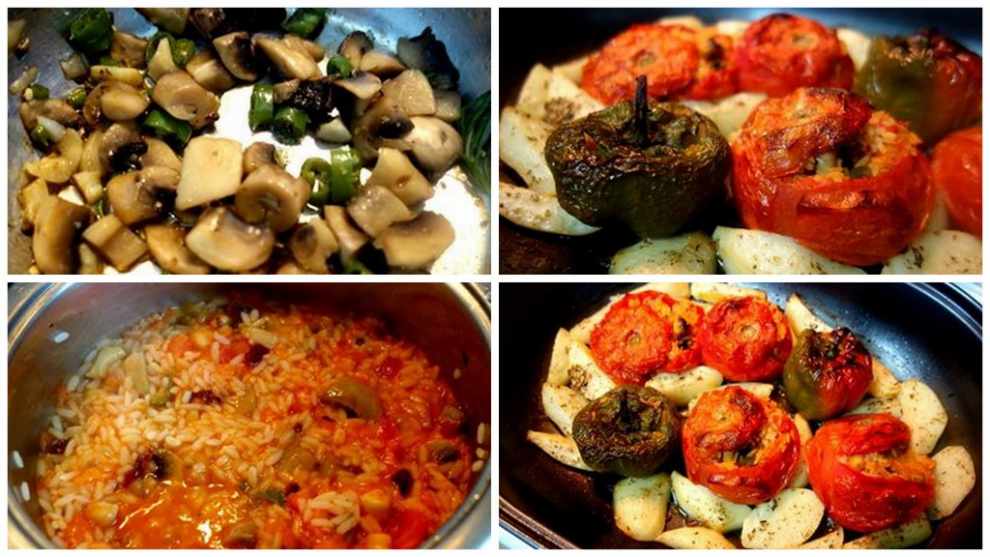
The fasts are not an obligation. There is no pressure to undertake them. They are a standard against which you can measure yourself in much the same way as a person following a physical fitness program will compare how he is doing with his set goal. In today’s world of hustle and bustle, probably few people adhere to the fasting guidelines in their entirety but probably most will do some fasting perhaps the last week or two weeks of the period.
The fact of cutting out meat and certain other foods from one’s diet for a while does not mean that one should not enjoy one’s food.
Vegetables, in any case, feature very prominently in Greek Cuisine, and many main course dishes are vegan: Dishes like the various “Lathera” literally “Oilies” because of the olive oil they contain. Typically the main ingredient will be Green Beans as shown in the header photograph, but they can also be with Ocra. My colleague, Myrta shows us how to prepare them.
Quite simply we have an abundance of vegetables growing in this part of the world. We might typically return from the market with shopping like this:
There are also many dishes that are not intrinsically vegan, but can be prepared in a vegan way such as the stuffed tomatoes pictured earlier. Here are some photographs of lovely Greek dishes that are “Nistissima”:

 English
English
 Ελληνικά
Ελληνικά Русский
Русский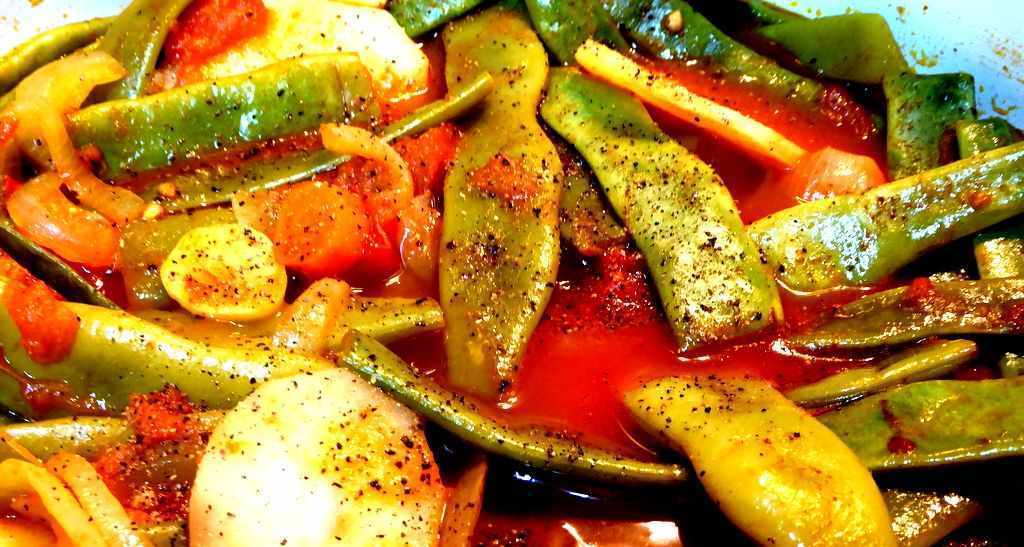
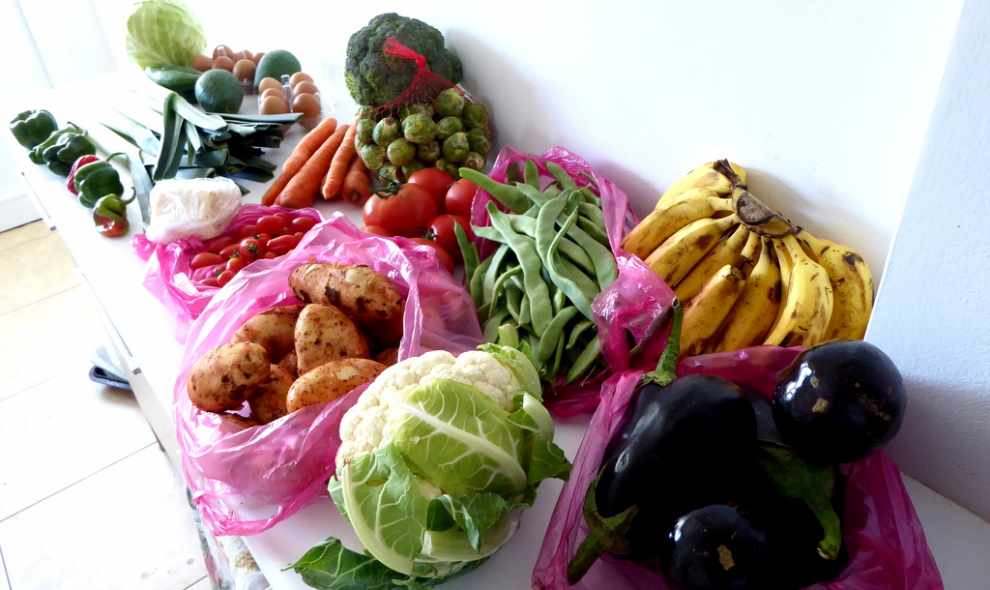

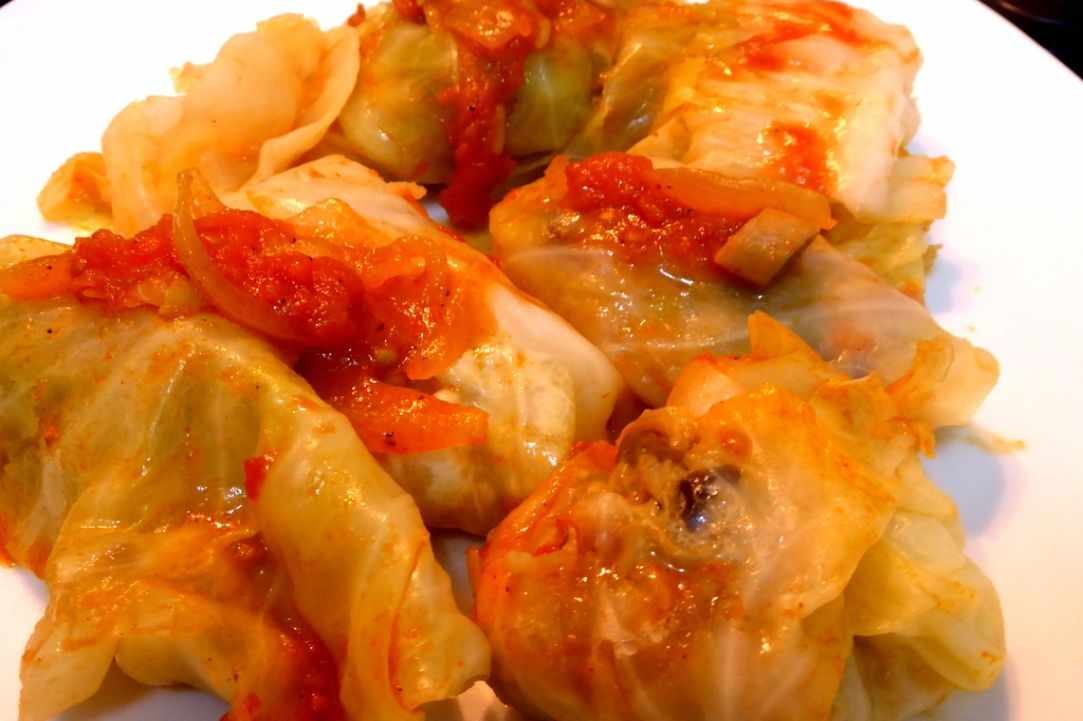
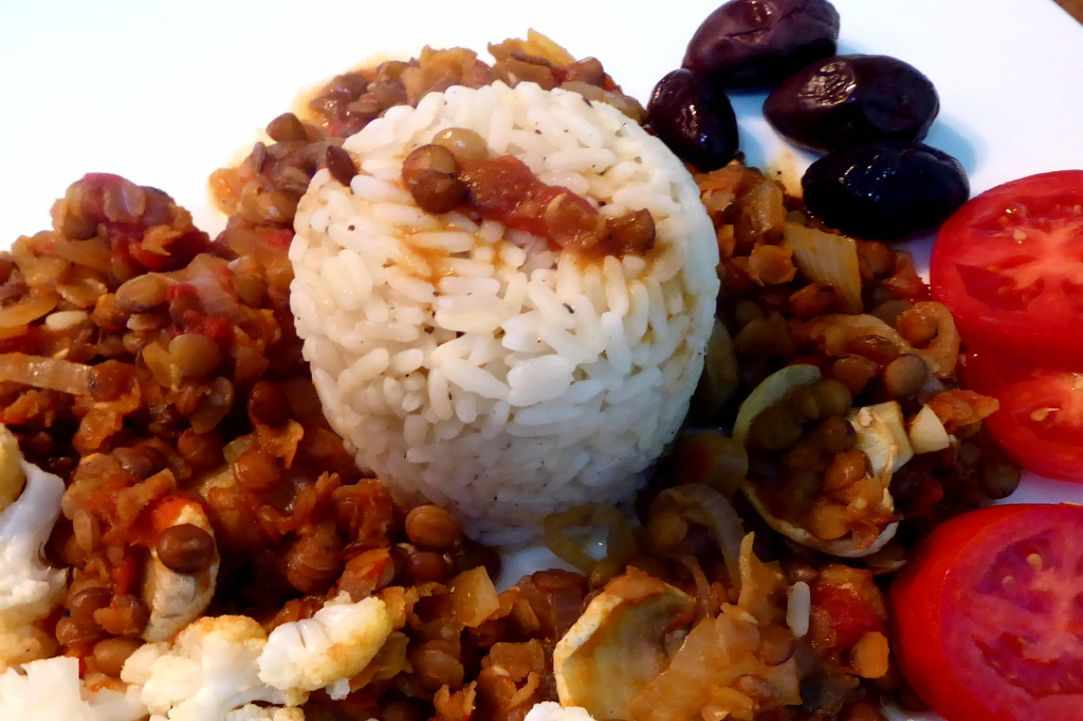
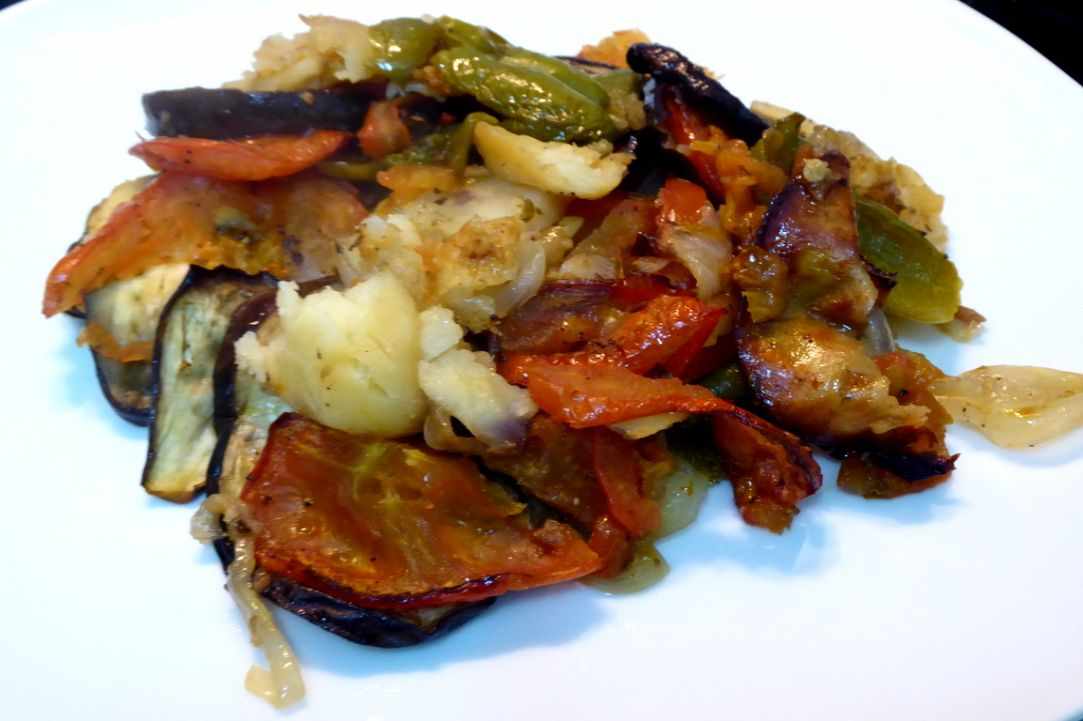
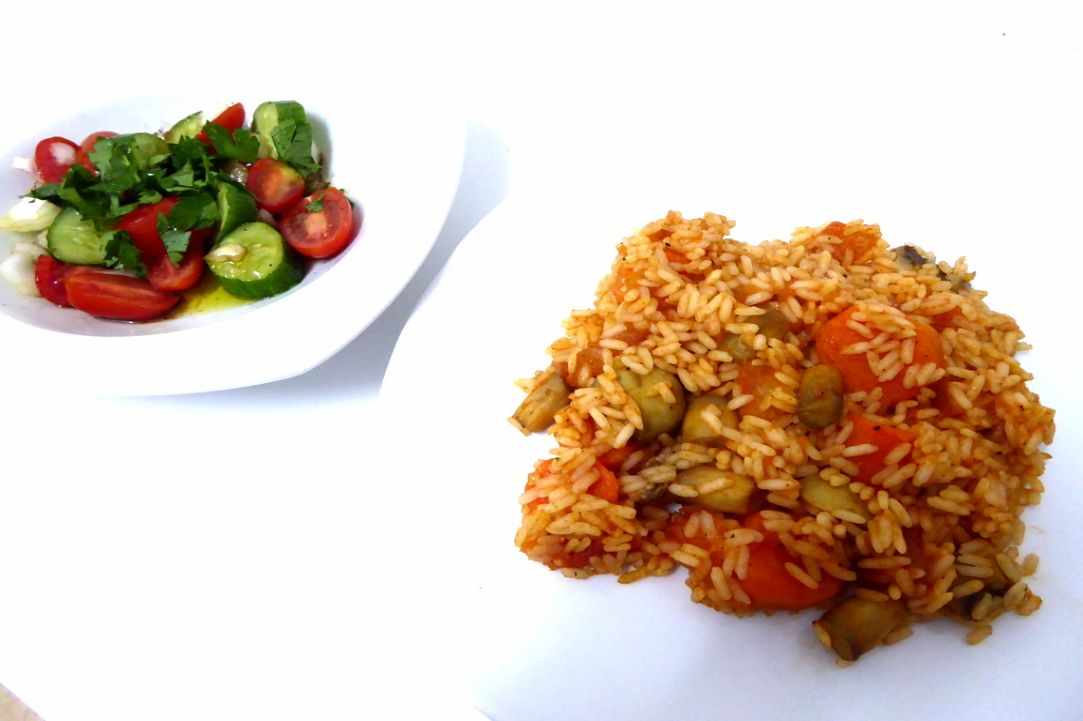
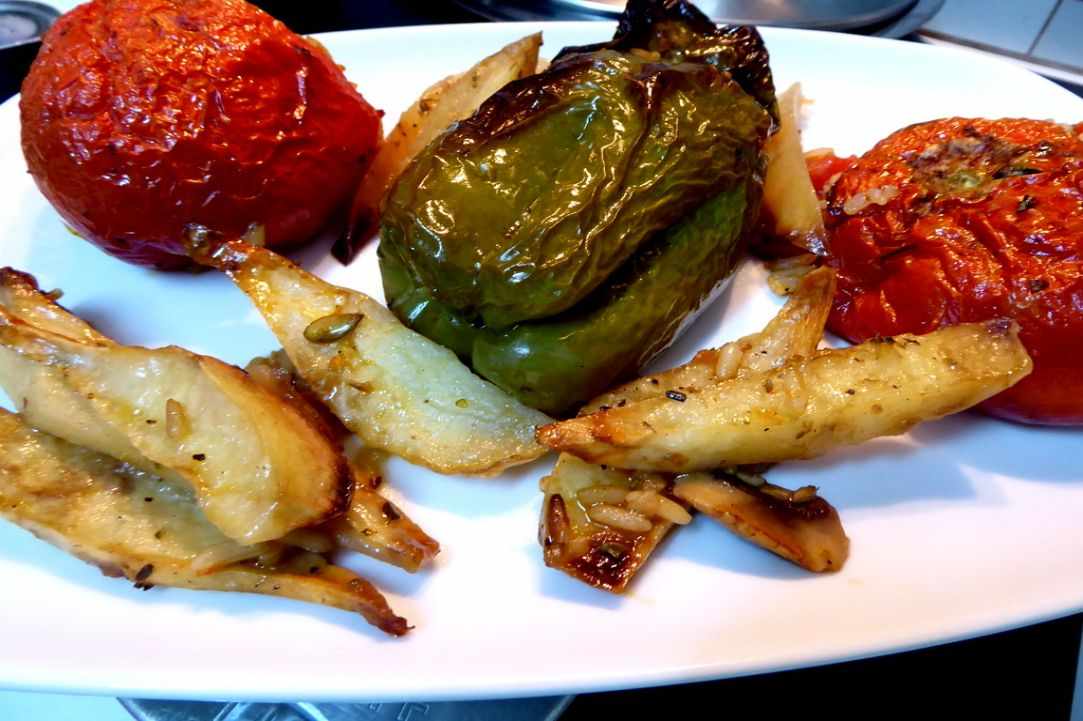
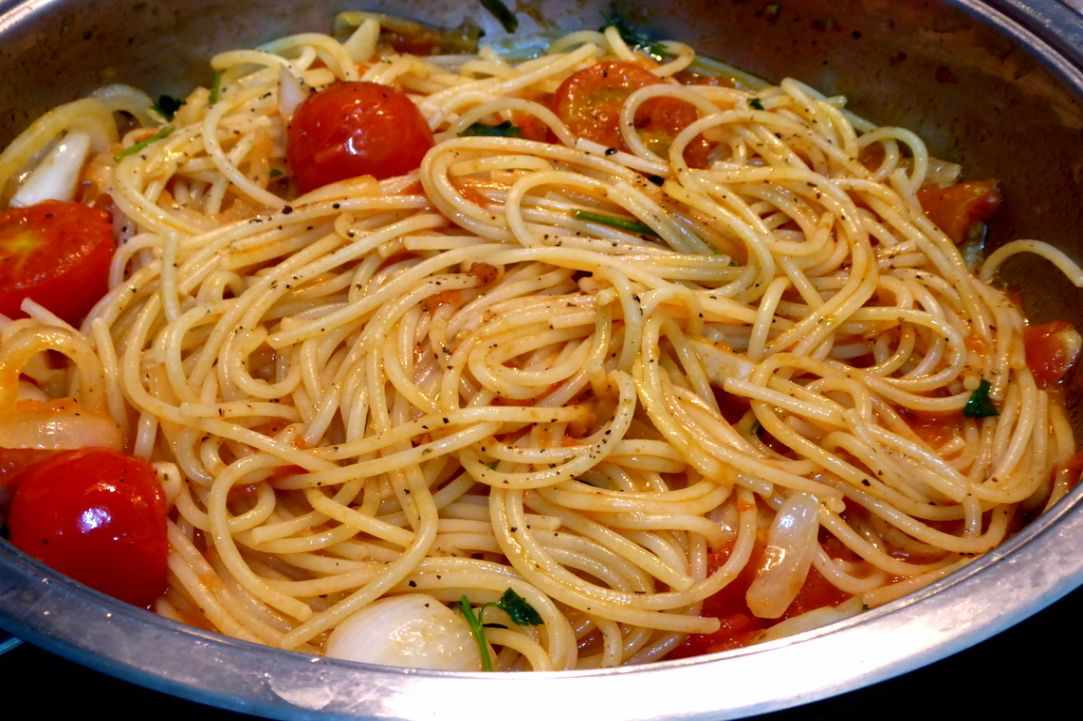
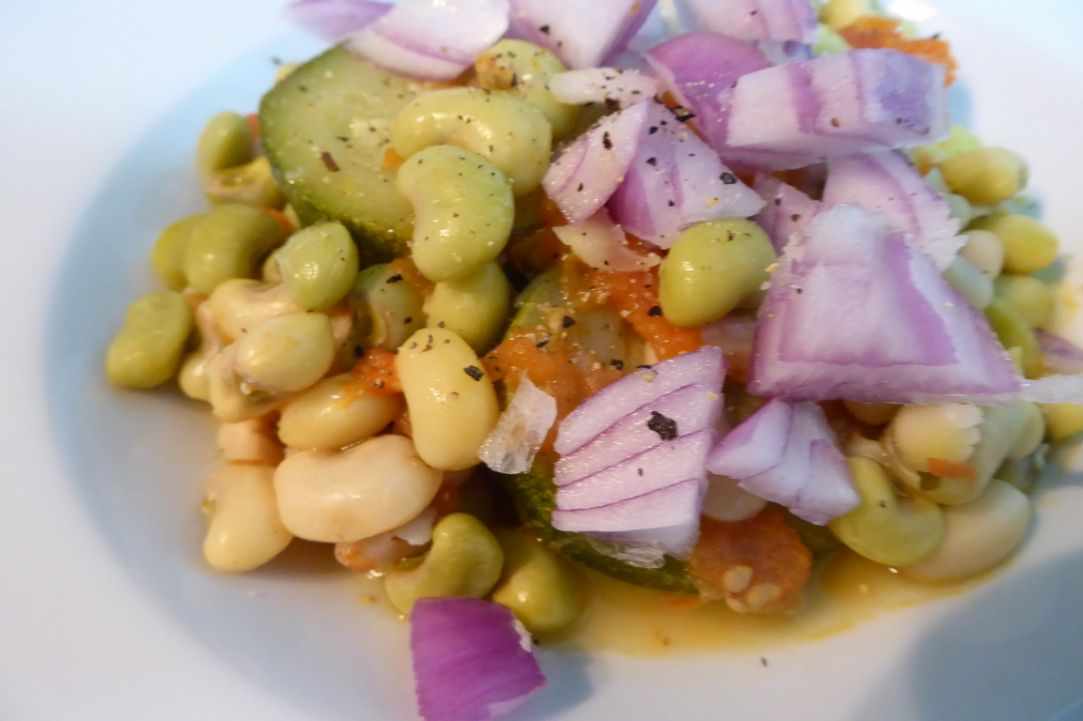
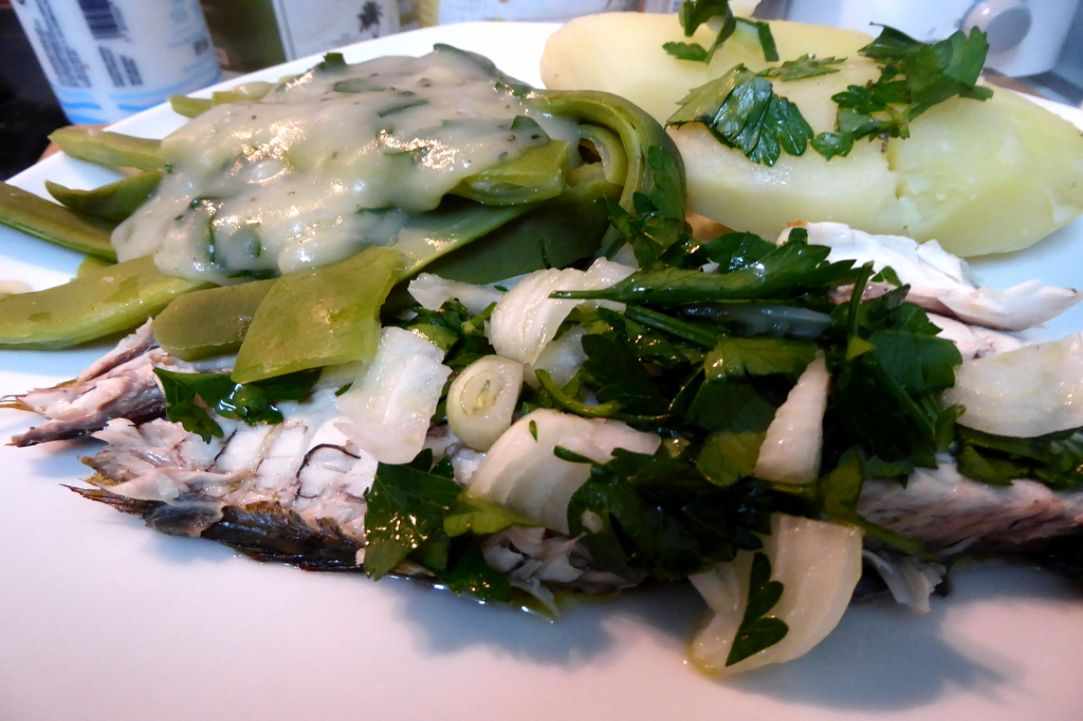
 Posted by
Bill Warry
Posted by
Bill Warry
